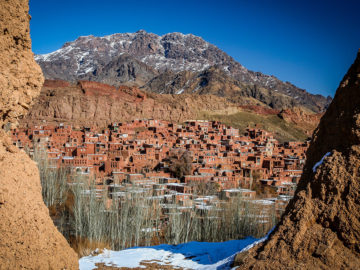
Abyaneh Village
It is a stepped village near Kashan in Isfahan Province known for its red soil, wooden doors and windows, the religious ritual of Muharam, and the villagers that wear traditional clothes.
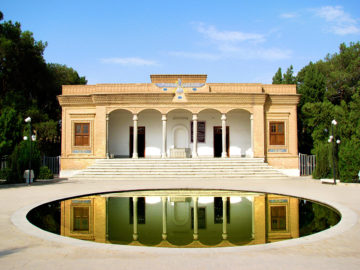
Zoroastrian Fire Temple
One of the main fire temples of Iran built in Pahlavi time by the Iranian-Indian association of Zoroastrians is located in city of Yazd, known for hosting the holy fire of Varhoram or Bahram.
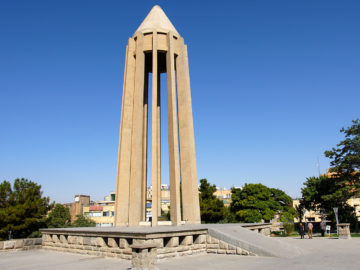
Avicenna Mausoleum
The mausoleum was inspired by Gonbad-e Qabus and made in Qajar time in Hamedan hosting the graves of Avicenna and his patron Abu Saeed Dakhdouk.
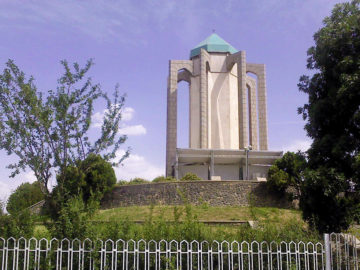
Baba Taher Mausoleum
This place is the mausoleum of the great 11th century Persian poet, Baba Taher who is known for his couplets. The main building of the mausoleum is located in a 10 square m platform. It …
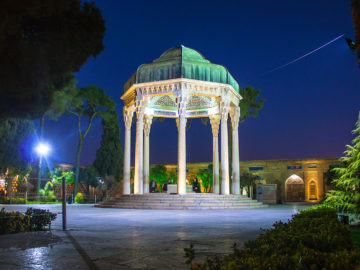
Hafez Mausoleum
The mausoleum of a great poet known for his advances in Mysticism that was built by the order of Karim Khan of Zand dynasty with a tomb stone of marble adorned with poems.
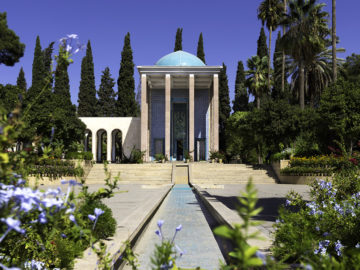
Sa’di Mausoleum (Tomb of Saadi)
This place is the mausoleum of Shaikh Moshref Al Din Mosleh Al Din Sa’di Shrazi, a renowned 13th century poet, built in the city of Shiraz, Fars Province. The place used to be the Shaikh’s …
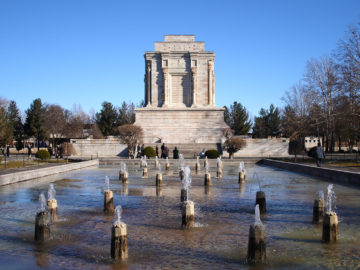
Tomb of Ferdowsi (Ferdowsi Mausoleum)
It is made of marble, designed by Hossein Lorzadeh, inspired by Pasargadae, and covered by lines from the poet’s main work (Shahnameh) in 1964.
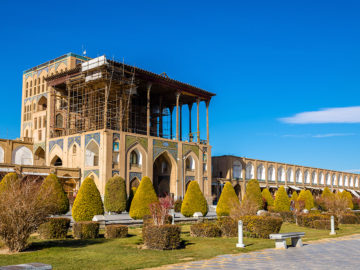
Ali Qapu Palace
The palace is located in the Naqsh-e Jahan Square in Isfahan made in the Safavid Era and known for its balcony and music room.
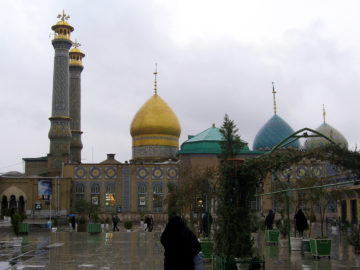
The holy Shrine of Shah Abdol Azim
he mausoleum of one of the descendant of third Shiite Imam located in Tehran, made in the Seljuk time, and developed in later eras especially Safavid and Qajar.
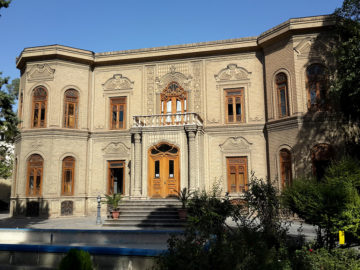
Abgineh Museum
The museum is located in Tehran, in a house that belonged to Qavam, a courtier of Qajar Era, in two stories and five halls.

Alamut Castle
Alamut is made on the top of a hill in Qazvin known for its inaccessibility and hosting a subsect of Shiite known as Ismailia with the leadership of Hasan Sabah.
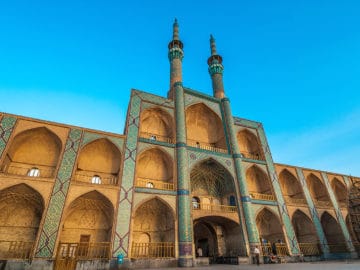
The Amir Chakhmaq Complex
A square that hosts a religious center, a caravanserai and a mosque in the heart of the city of Yazd. Amir Chakhmagh used to be a series of construct like square, bathhouse, caravanserai, monastery, well …
